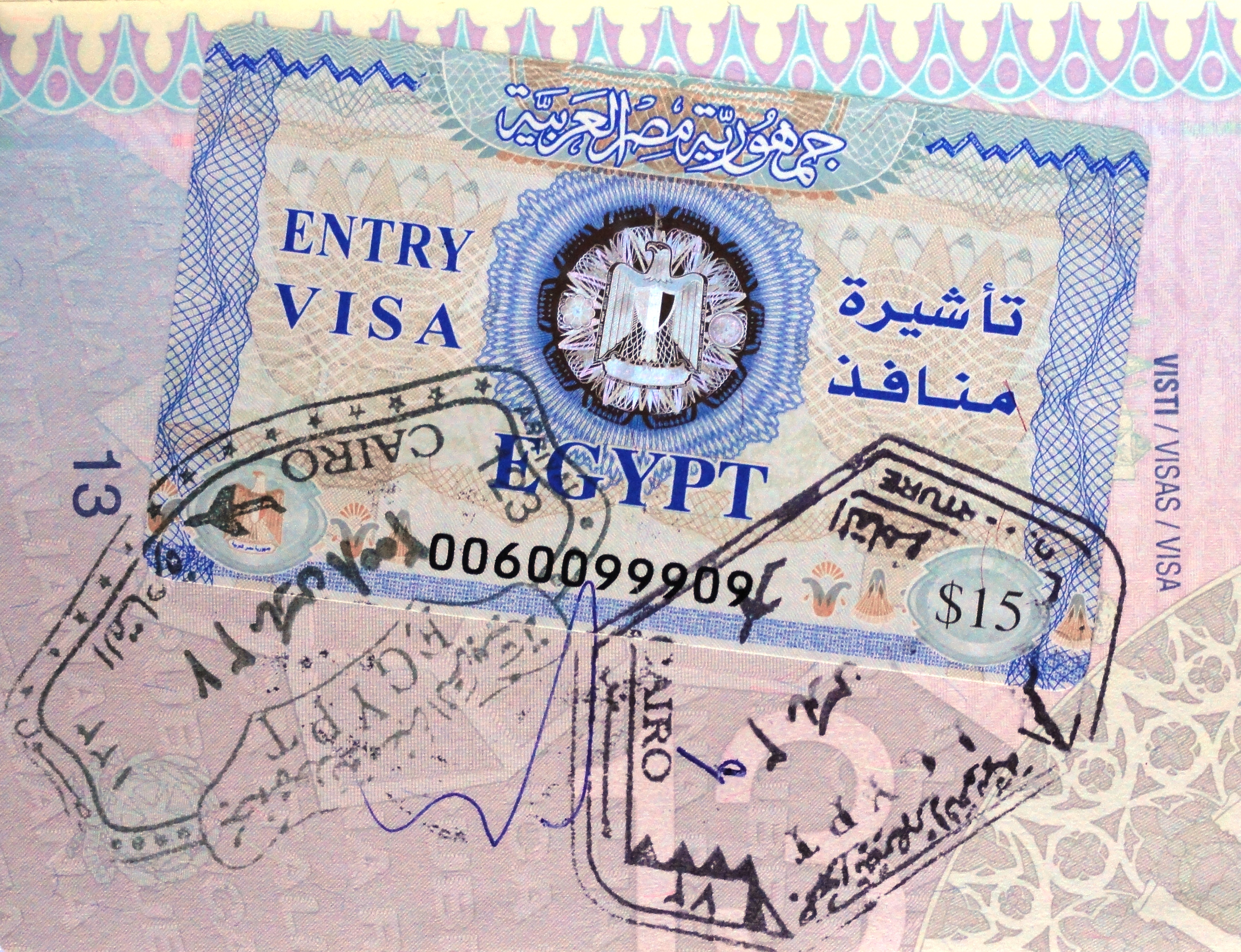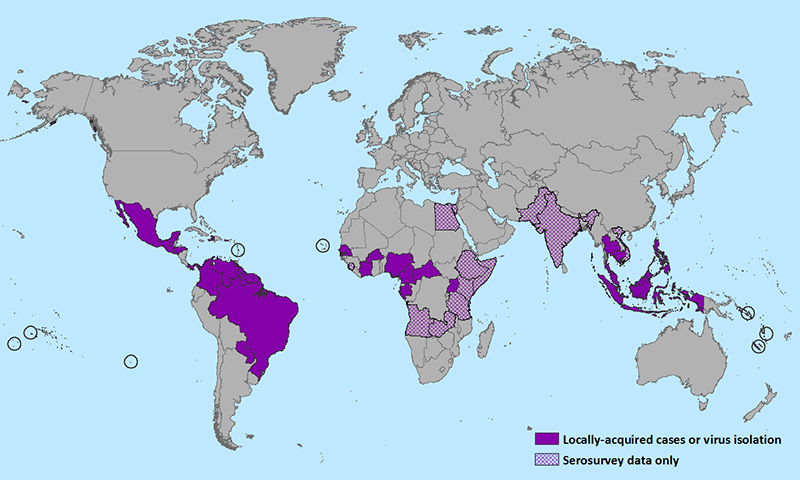To start, if you are planning on traveling you need a passport. This little book is required by most countries around the world in order to visit and it also serves as a re-entry document. There are a few exceptions to the passport necessity. The Western Hemisphere Travel Initiative, or WHTI, have set standards for travel between the United States and or neighboring countries (aka Canada, Mexico, and the Caribbean). In the past these countries simply asked for a U.S. birth certificate and photo ID! Now travel to the WHTI countries requires a passport or WHTI approved travel document, such as a state driver's license, or special groups ID, like the military. If you frequently travel between these areas a good substitute to a passport is a passport card. The only downside is your travel must be by land or sea.
| courtesy of wikipedia |
 |
| courtesy of pixabay |
Most countries are not as complicated as Russia when it comes to getting a visa, but in general a visa is a good thing to have. For clarification, if you have a passport you are permitted to reenter your own country, but without a visa you aren't automatically allowed into other countries.
There are other complications that come with visas as well, especially when they are for employment. In the US there are times when you here visa workers being compared to slaves. Granted if the individual is an illegal immigrant there is little they may be able to do to legally fight their employer, but if they are under a visa they can. According to a pamphlet supplied by travel.state.gov, if an individual is a visa worker in the United States they have a right to fair treatment and pay, and may seek justice in US courts if necessary. Another fact they highlight is that individuals are allowed to retain their passport. My recommendation is that before you go abroad, look into visa requirements for your destination. If you plan on being employed and you must forfeit any of your natural human rights you should avoid the place, or at least being employed there.
| courtesy of The Blue Diamond Gallery |
Now most people have heard the topic of visas come paired with green cards. Green Cards are uniquely American, and stands for a United States Permanent Resident Card. Many permanent residence cards are available for other countries, but they are not "Green Cards." These residence cards allow one to reside and work in that specific country. For example, in order to gain a permanent residence card in the United Kingdom one must be a resident for five years. In Canada you may apply or a PR if you have permanent residence, have not been asked to leave, and are not a citizen of Canada. It is actually kind of funny because in defining these requirements the Canadian government actually has to specifically tell the Canadian resident they are not eligible.
So passports and visas! Look into the documentation you need where ever you're planning on going so you don't wind up stuck in some foreign country or more likely, getting detained or restricted from traveling while you're on the move!
| courtesy of BaronTremayneCaple |
.jpg)



